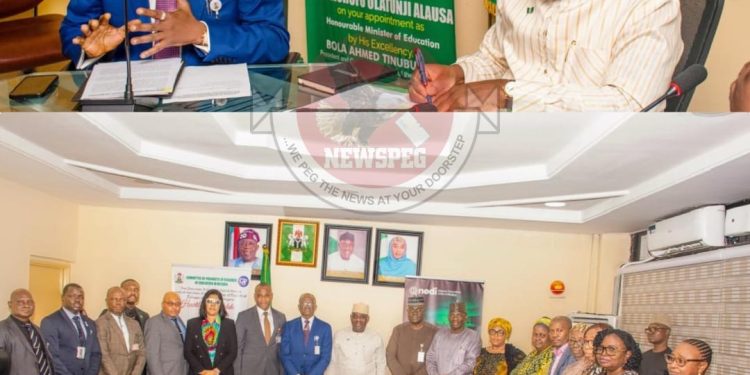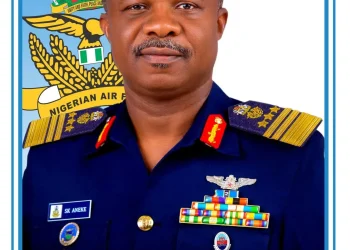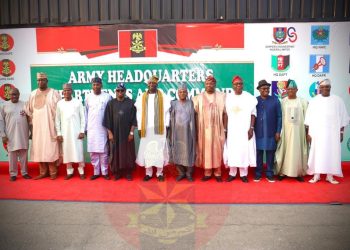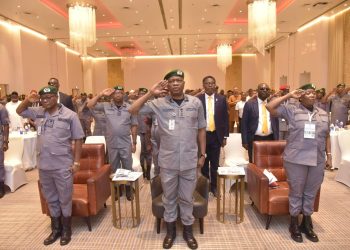By Nkechi Eze
The Minister of Education, Dr Maruf Tunji Alausa, and the National Coordinator of the National Counter Terrorism Centre (NCTC), Office of the National Security Adviser (ONSA), Major General Adamu Garba Laka, have jointly underscored the critical importance of education in fortifying Nigeria’s national security architecture.
This position was made clear during a high-level strategic meeting held on Wednesday, July 24, 2025, at the Federal Ministry of Education in Abuja, where General Laka led a delegation of senior NCTC officials on a courtesy visit to the Minister.
According to a statement issued by the Head of Strategic Communication, NCTC-ONSA, Abu Michael, the meeting served as a platform for both parties to explore deeper collaboration between the education sector and national security stakeholders in order to safeguard schools and contribute meaningfully to the broader fight against terrorism and violent extremism.
Dr Alausa commended the National Counter Terrorism Centre for its effective coordination efforts, noting that the centre’s role, alongside the Armed Forces and other security agencies, had contributed significantly to the improvement in school security across the country. He expressed satisfaction that no incidents of school kidnappings had been recorded under the administration of President Bola Ahmed Tinubu, describing the development as a testament to the robust synergy among national security institutions.
“The absence of school kidnappings since the inception of this administration reflects the positive impact of the NCTC’s coordination, as well as the relentless efforts of our Armed Forces, law enforcement, and intelligence community,” the Minister stated. He urged the Centre and its partners to sustain their momentum and ensure that the country’s educational institutions remain safe and conducive for learning.
On his part, Major General Laka commended the Minister for his reform-oriented leadership and the tangible impact of key policy initiatives such as the School-Based Management and Teacher Development Programmes, the National Education Renewal Agenda, the Anti-Bullying Policy, and ongoing Commonwealth Collaboration on Distance Learning. He noted that these initiatives align with non-kinetic approaches in counterterrorism, especially in preventing radicalisation and promoting inclusive, values-based education.
“The Ministry of Education plays a foundational role in shaping the moral and ideological fabric of our nation,” General Laka stated. “Its policies and programmes are instrumental in instilling national values, countering extremist ideologies, and preparing our youth to become resilient, responsible citizens.”
The NCTC Coordinator emphasized the Centre’s readiness to deepen strategic collaboration with the Ministry, particularly through capacity building and targeted training. He revealed that the Centre routinely organises seminars and workshops for stakeholders across the country, a practice that will become even more important in light of President Tinubu’s recent designation of the NCTC as a Regional Centre of Excellence for Counter Terrorism in West Africa and the Sahel.
General Laka reiterated the Centre’s commitment to preventive, whole-of-government and whole-of-society approaches in addressing security challenges, stressing that education must remain central to the national counter-terrorism strategy.
To consolidate the partnership, a joint working group was established during the meeting to identify priority areas for collaboration aimed at reinforcing the education system within a secure and resilient environment. Both institutions pledged to continue working closely to leverage education as a powerful tool in securing Nigeria’s future.
















